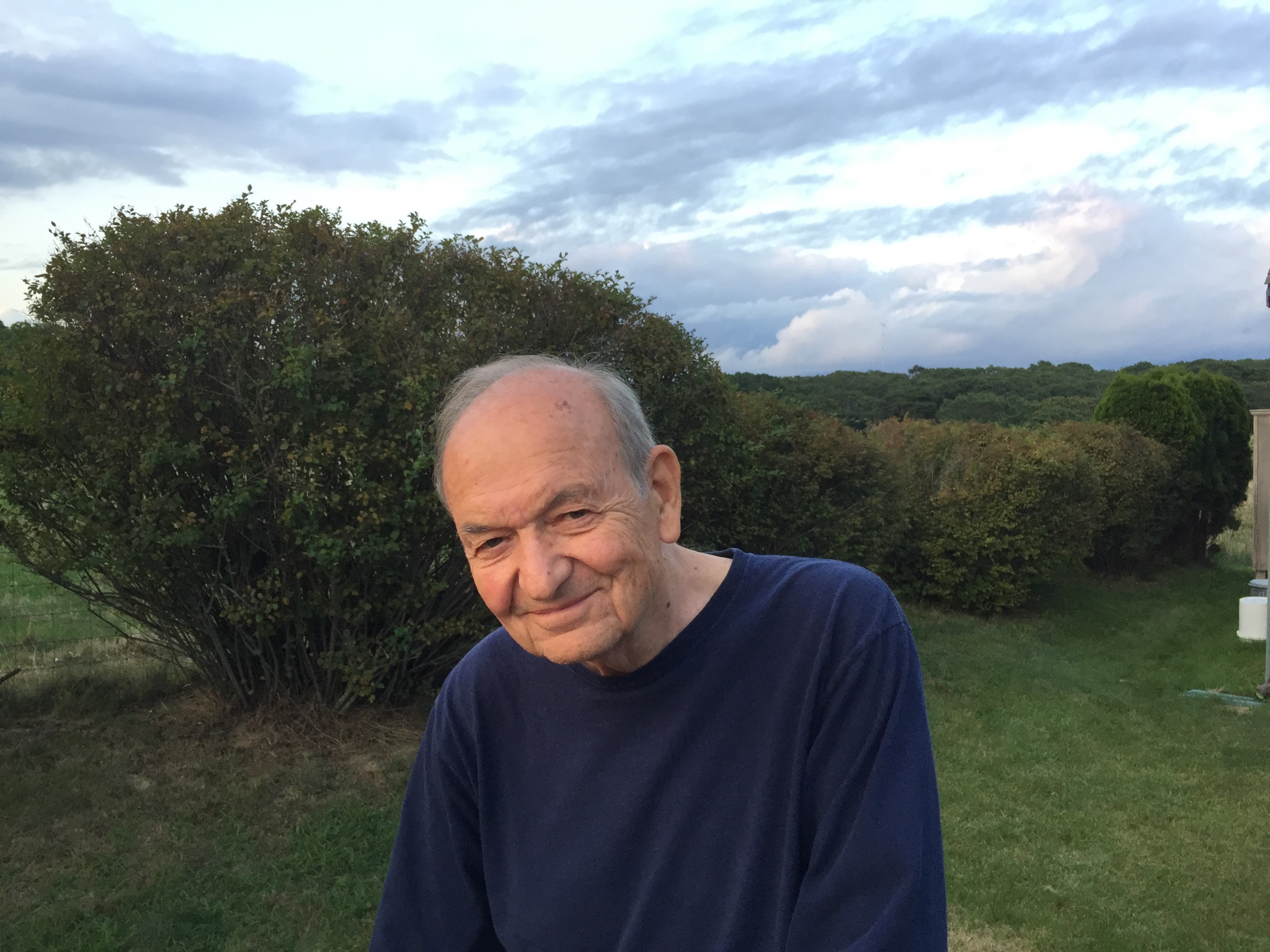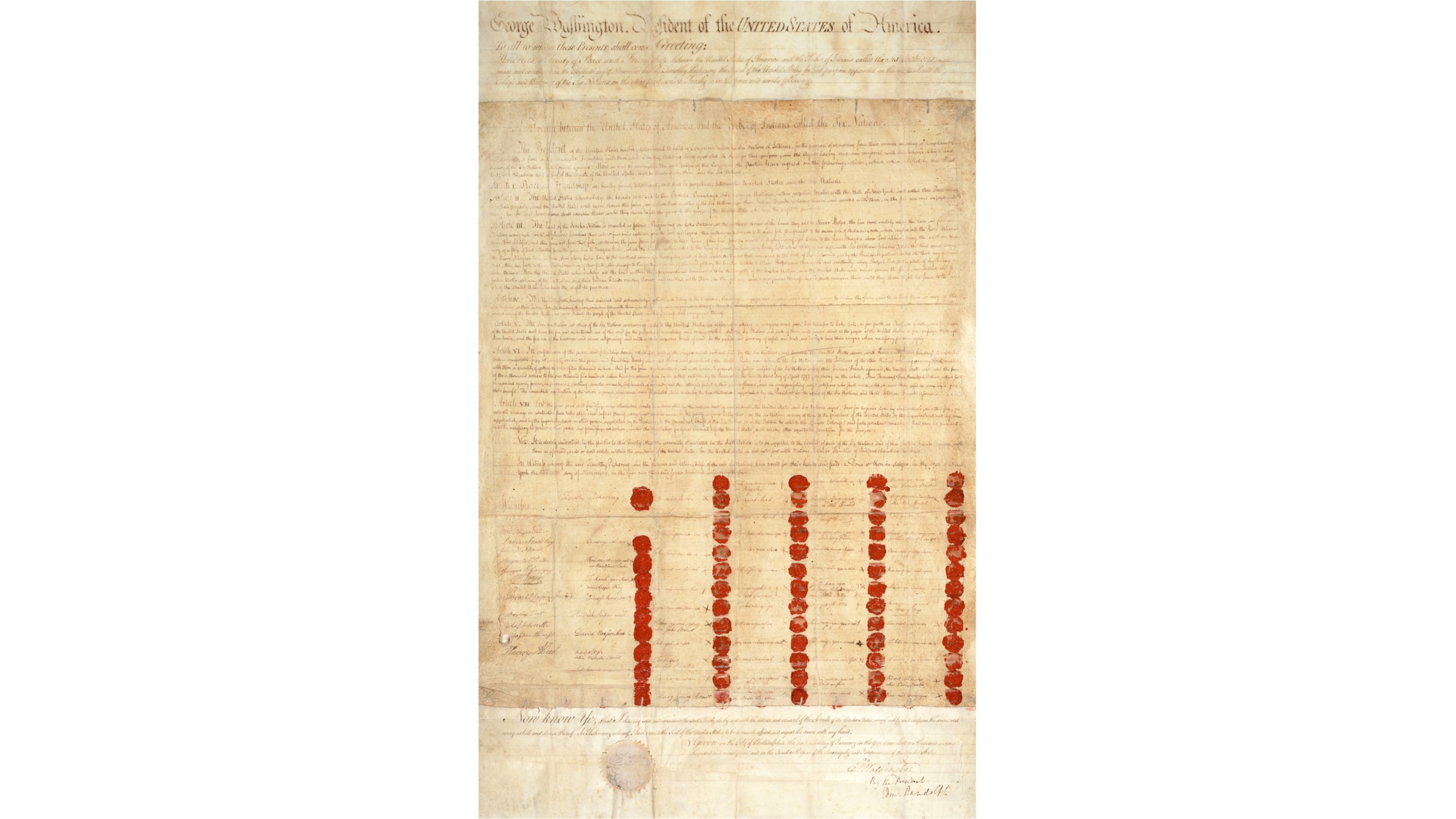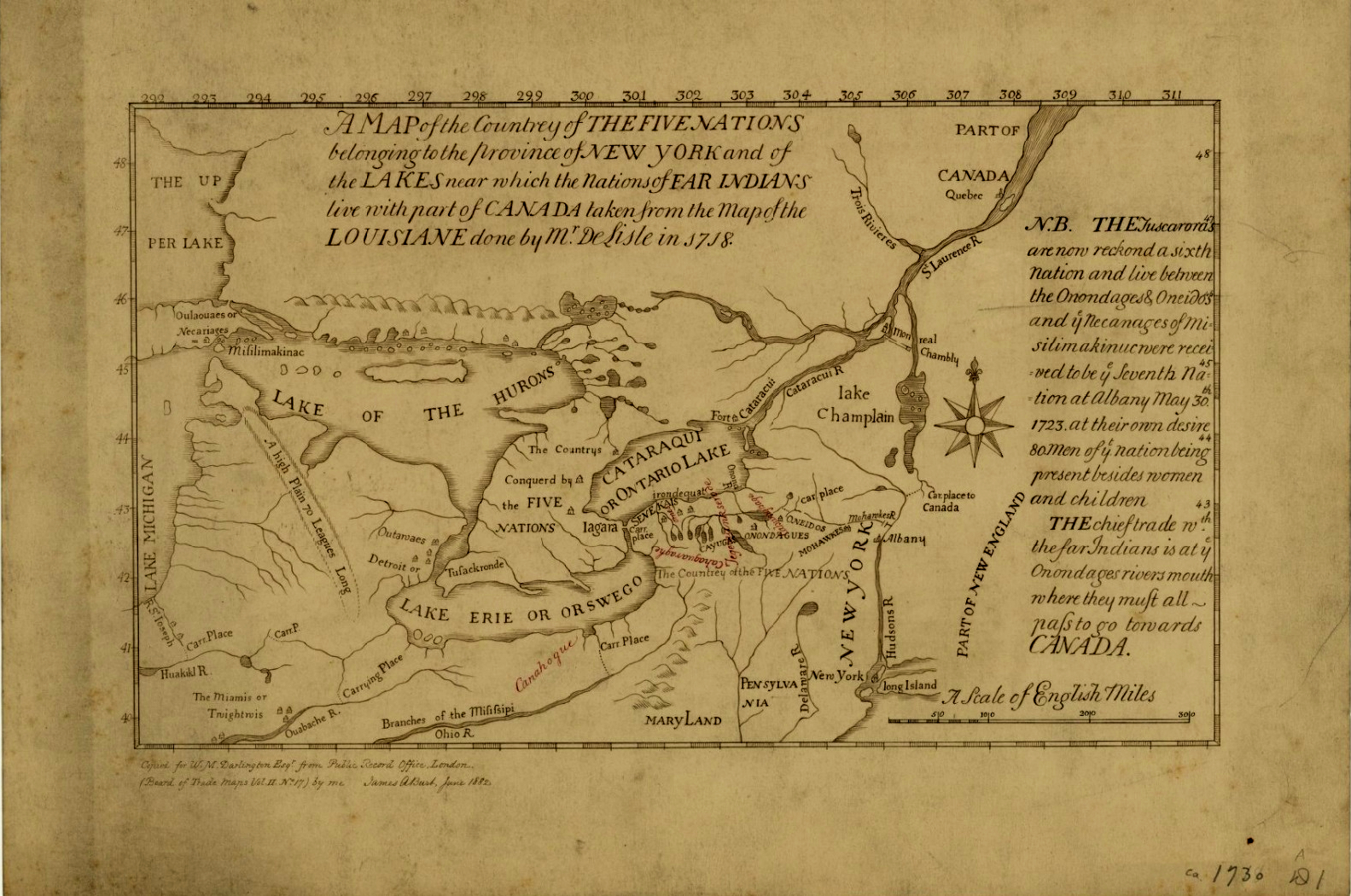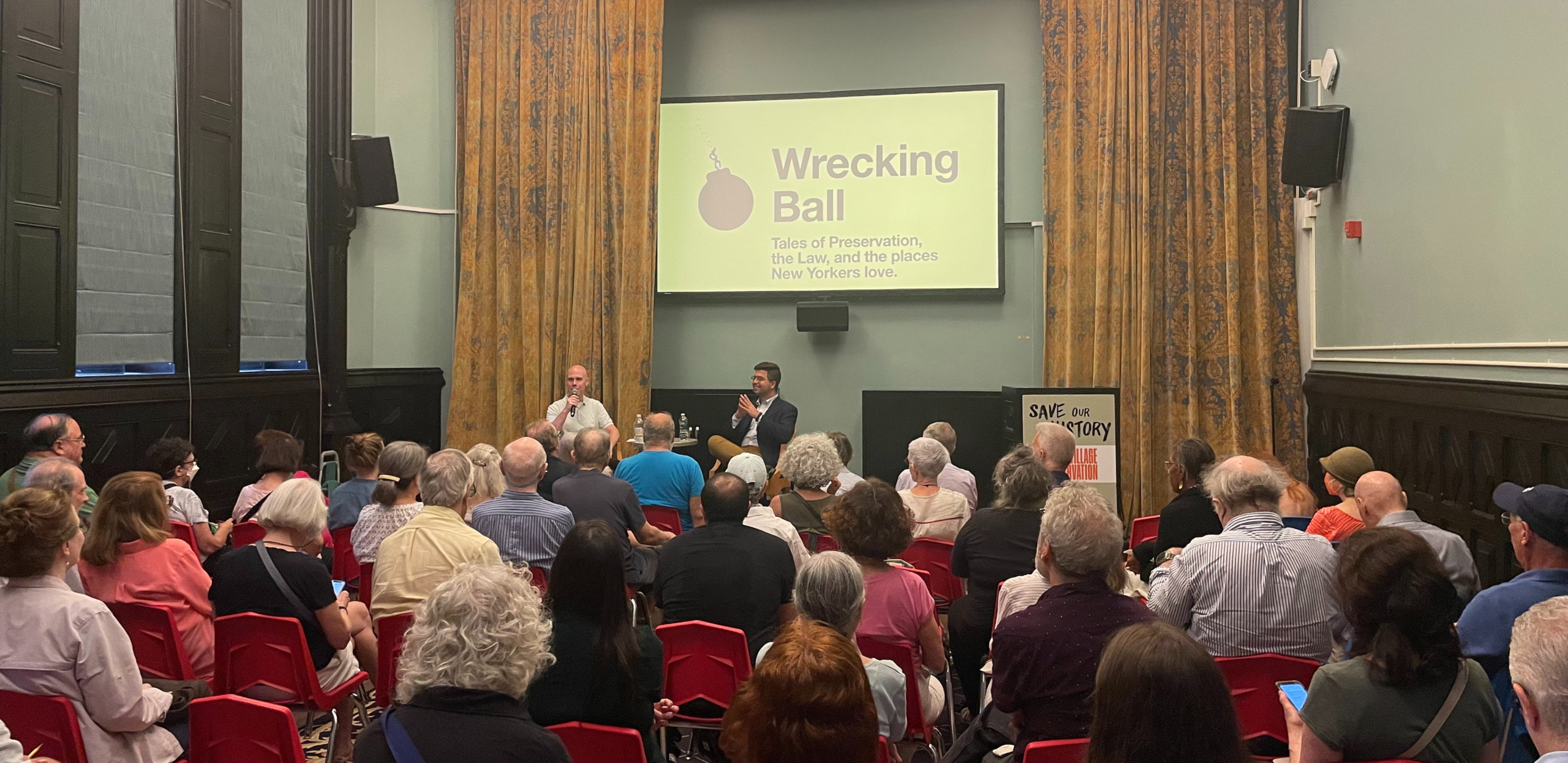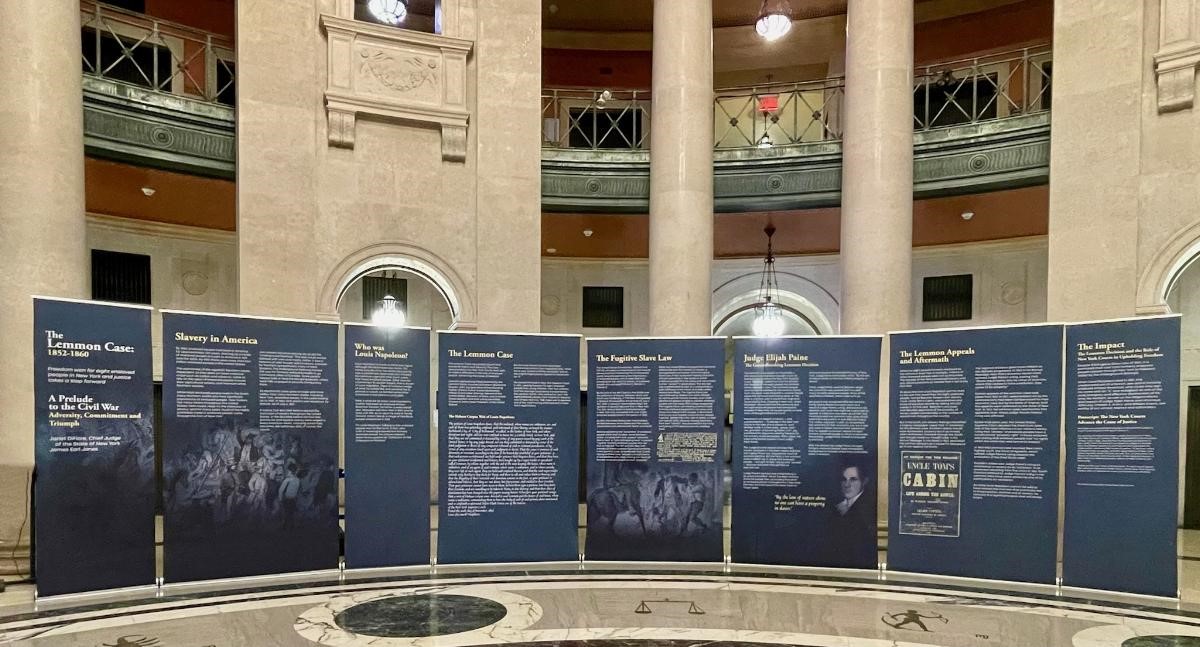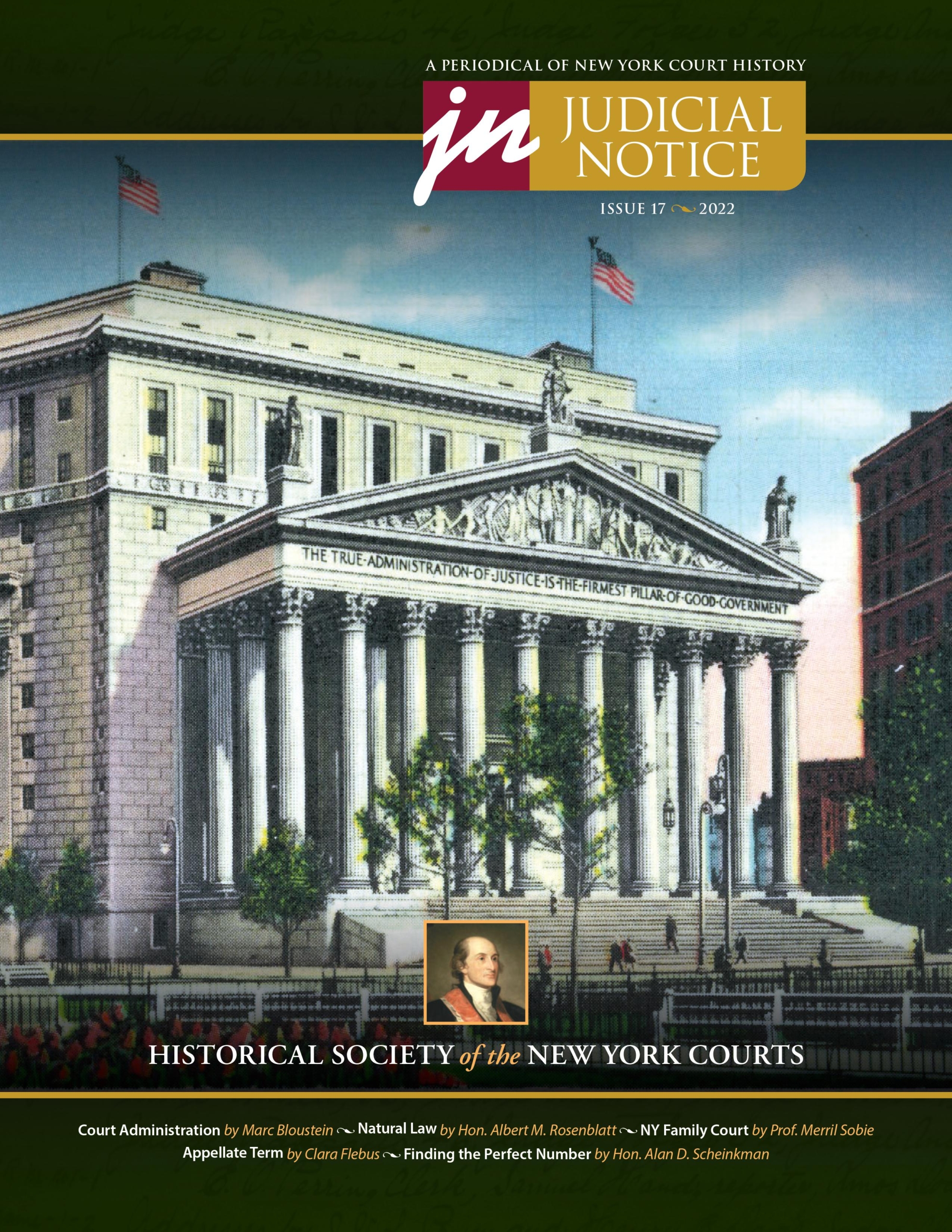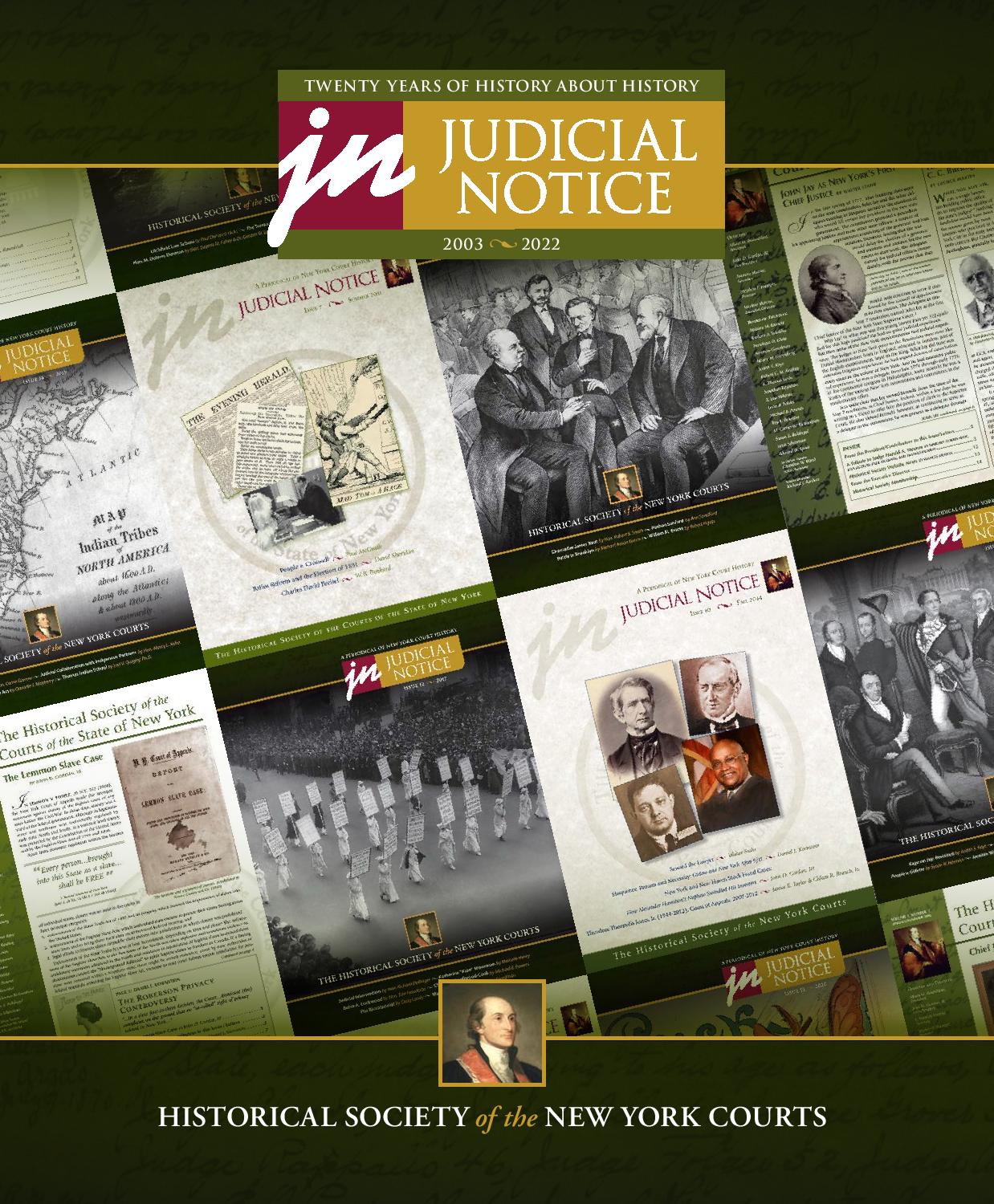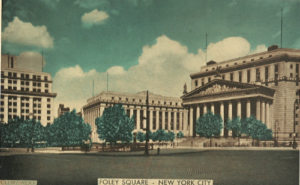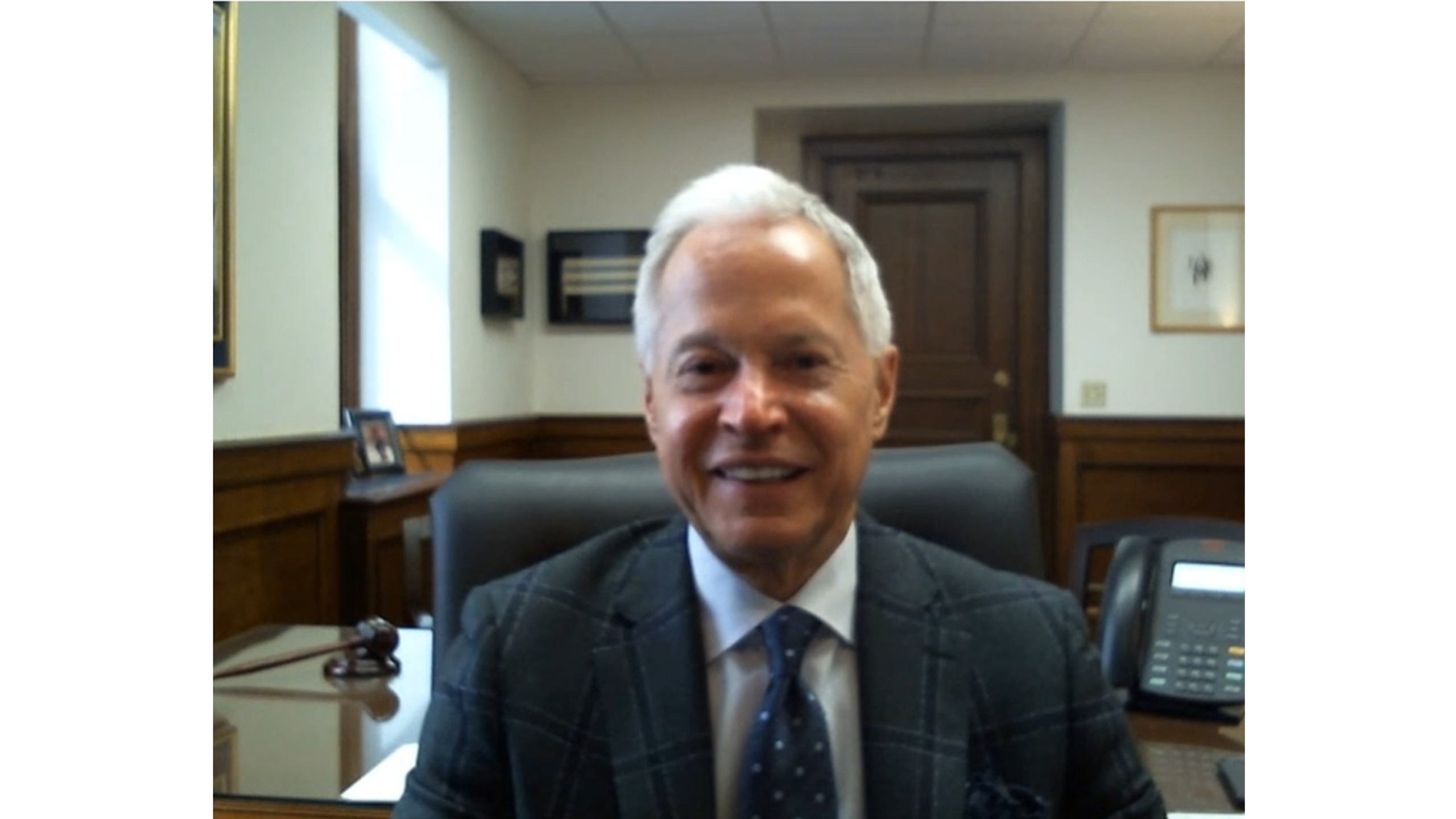In the midst of the struggle for abolition, New Yorkers had the chance to witness an important turning point in the fight for freedom. This is the tale of the Lemmon Slave Case, a legal battle that unfolded in the 1850s, challenging the very foundations of slavery and leaving a lasting imprint on our nation’s story.
Why the Lemmon Case Matters
The Lemmon Slave Case isn’t just a story from the past; it’s a testament to the power of local laws in the fight against slavery. Imagine this: a Virginian slaveholder, Jonathan Lemmon, brought enslaved individuals into New York, only to have our state’s courts acknowledge the simple truth that these individuals should be free. This decision showed states and citizens that they could stand up against slavery, in defiance of an unjust system.
“The law of nature says that there can be no property in a slave.”
— Judge Elijah Paine, 1852
But it wasn’t just a legal victory. It lit a spark in the hearts of abolitionists. This case’s defiance of pro-slavery laws foreshadowed the Civil War and the Emancipation Proclamation that eventually ended slavery in the United States.
Bringing History to Life: The Traveling Exhibit
To honor the Lemmon Slave Case and its legacy, we embarked on an incredible journey with a traveling exhibit. This exhibit, thoughtfully presented with informative panels and a compelling video narrated by the James Earl Jones, unfolded its narrative in courthouses far and wide. From the Monroe County Hall of Justice to the Oneida County Courthouse and down to the Bronx County Courthouse, we ventured to every corner of the state, inviting everyone to delve into this essential history.
Our goal was simple yet profound: to share the story of the Lemmon Case and its historical context with communities statewide. In doing so, we hoped to inspire reflection, spark conversations, and foster a deeper understanding of the Lemmon Case’s legacy. This journey wasn’t just about history; it was about engaging with our shared past, exploring themes of justice, equality, and the ongoing pursuit of civil rights. Through the power of storytelling and firsthand experiences, we hope to unite communities in a celebration of an enduring quest for justice and equality.
Celebrating the Legacy: The Event
And now, we’re thrilled to invite you to a special event that celebrates the legacy of the Lemmon Slave Case and the journey of our traveling exhibit. Join us on September 7th at the New York County Courthouse Rotunda, located at 60 Centre Street, NYC, or tune in via livestream. The event begins at 6:00 PM, with a reception starting at 5:30 PM.
Learn more about our distinguished speakers — including Chief Judge Rowan D. Wilson — and register now. Together, we’ll explore the Lemmon Case’s impact, its role in the abolitionist movement, and the enduring lessons it offers.
In summary, the Lemmon Slave Case’s significance lies in its legal precedent and its impact on the abolitionist movement. As we delve into the past and uncover the lessons it holds, we are reminded that the Lemmon Slave Case isn’t just a distant historical event; it’s a testament to our enduring human spirit’s quest for justice and equality.

